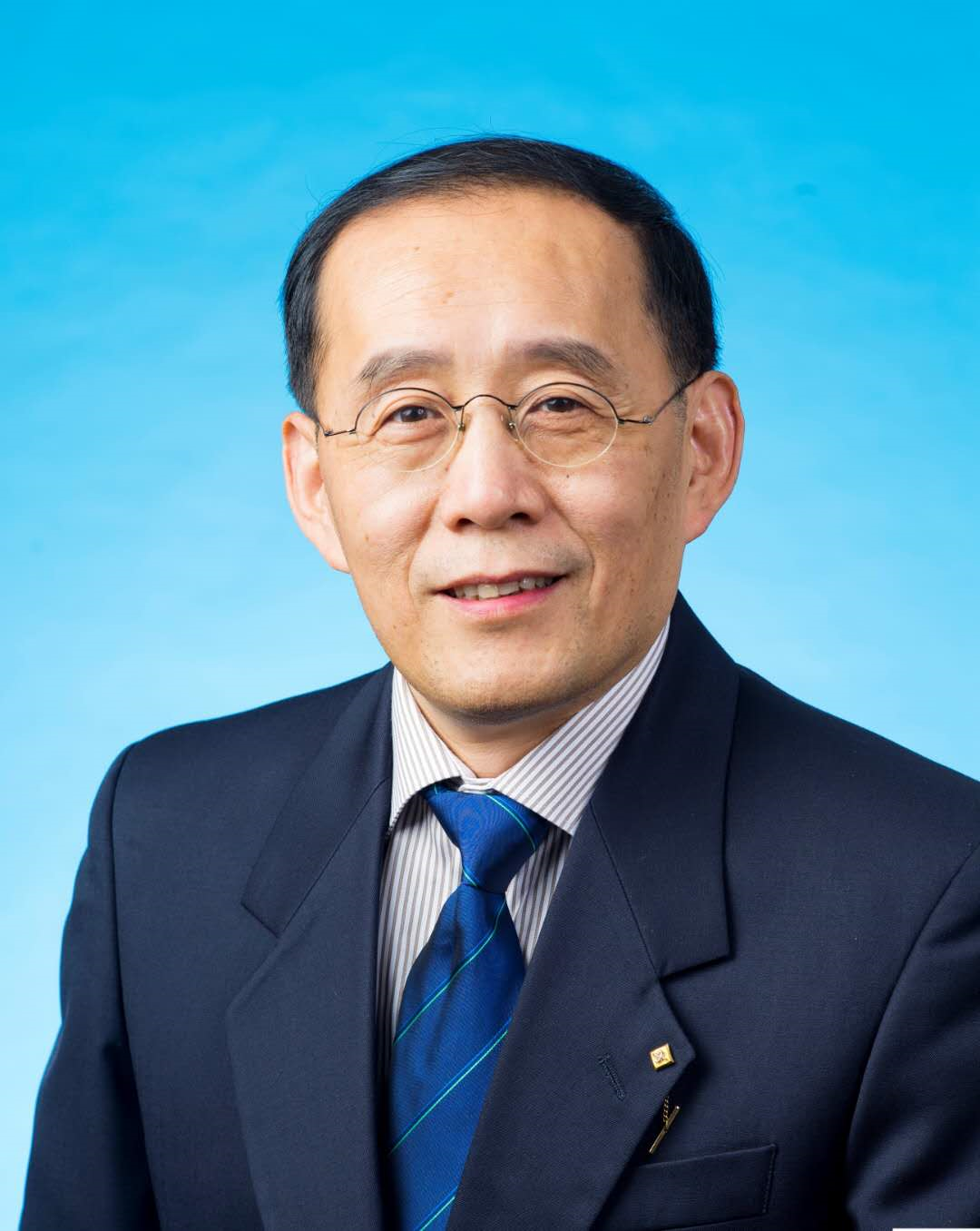Control for Intelligent Manufacturing: a multiscale challenge
Han-xiong Li
Department of Systems Engineering, City University of Hong Kong, Hong Kong
The manufacturing system is a multi-scale dynamic process with different properties at different levels, such as,
• Multi-time scale operations in process control
• Space-time scale complexity in machine control
• Multi-dimensional uncertainties in decision making
Complexity and uncertainty will increase progressively from the lower level machine control, up to the higher level plant management. Different kind of quantitative and qualitative methods are needed at the different levels for different purposes. In general, more design is required at the fast-time scale, and more control is needed at the slow-time scale. More quantitative or instinct action is required at the low-level operation, while more qualitative approaches are needed at the high-level management.
In this talk, a five-level pyramid is proposed for uncertainty processing in manufacturing. The sensing based integrated design and control has been implemented for the multi-time scale operations. The space/time separation based approaches are presented to handle the space-time scale complexity. Finally, modeling of intelligence is briefly discussed, which is obviously the most difficult and long-term challenge for decision making. A probabilistic fuzzy system could be feasible for handling both stochastic variations and deterministic uncertainty.
Biosketch
 Han-Xiong LI
received his B.E. degree in aerospace engineering from the National University of Defence Technology, China, M.E. degree in electrical engineering from Delft University of Technology, Delft, The Netherlands, and Ph.D. degree in electrical engineering from the University of Auckland, Auckland, New Zealand.
Currently, he is a chair professor in the Department of Systems Engineering, the City University of Hong Kong. Over the past thirty years, he has had the opportunity to work in different fields, including industry and academia. He published over 250 SCI journal papers. Since 2014, he has been continuously rated as highly cited scholar in China by Elsevier. Since 2021, he has been continuously ranked among top 2% most cited scientists in the world by the Stanford University. His current research interests are in area of intelligent manufacturing, including process modeling and control, intelligent learning, distributed parameter systems, battery management system, etc. He was awarded the Distinguished Young Scholar (overseas) by the China National Science Foundation in 2004, a Chang Jiang scholar by the Ministry of Education, China in 2006, and a scholar in China Thousand Talents Program in 2010. He is a fellow of the IEEE.
Han-Xiong LI
received his B.E. degree in aerospace engineering from the National University of Defence Technology, China, M.E. degree in electrical engineering from Delft University of Technology, Delft, The Netherlands, and Ph.D. degree in electrical engineering from the University of Auckland, Auckland, New Zealand.
Currently, he is a chair professor in the Department of Systems Engineering, the City University of Hong Kong. Over the past thirty years, he has had the opportunity to work in different fields, including industry and academia. He published over 250 SCI journal papers. Since 2014, he has been continuously rated as highly cited scholar in China by Elsevier. Since 2021, he has been continuously ranked among top 2% most cited scientists in the world by the Stanford University. His current research interests are in area of intelligent manufacturing, including process modeling and control, intelligent learning, distributed parameter systems, battery management system, etc. He was awarded the Distinguished Young Scholar (overseas) by the China National Science Foundation in 2004, a Chang Jiang scholar by the Ministry of Education, China in 2006, and a scholar in China Thousand Talents Program in 2010. He is a fellow of the IEEE.
 Han-Xiong LI
received his B.E. degree in aerospace engineering from the National University of Defence Technology, China, M.E. degree in electrical engineering from Delft University of Technology, Delft, The Netherlands, and Ph.D. degree in electrical engineering from the University of Auckland, Auckland, New Zealand.
Currently, he is a chair professor in the Department of Systems Engineering, the City University of Hong Kong. Over the past thirty years, he has had the opportunity to work in different fields, including industry and academia. He published over 250 SCI journal papers. Since 2014, he has been continuously rated as highly cited scholar in China by Elsevier. Since 2021, he has been continuously ranked among top 2% most cited scientists in the world by the Stanford University. His current research interests are in area of intelligent manufacturing, including process modeling and control, intelligent learning, distributed parameter systems, battery management system, etc. He was awarded the Distinguished Young Scholar (overseas) by the China National Science Foundation in 2004, a Chang Jiang scholar by the Ministry of Education, China in 2006, and a scholar in China Thousand Talents Program in 2010. He is a fellow of the IEEE.
Han-Xiong LI
received his B.E. degree in aerospace engineering from the National University of Defence Technology, China, M.E. degree in electrical engineering from Delft University of Technology, Delft, The Netherlands, and Ph.D. degree in electrical engineering from the University of Auckland, Auckland, New Zealand.
Currently, he is a chair professor in the Department of Systems Engineering, the City University of Hong Kong. Over the past thirty years, he has had the opportunity to work in different fields, including industry and academia. He published over 250 SCI journal papers. Since 2014, he has been continuously rated as highly cited scholar in China by Elsevier. Since 2021, he has been continuously ranked among top 2% most cited scientists in the world by the Stanford University. His current research interests are in area of intelligent manufacturing, including process modeling and control, intelligent learning, distributed parameter systems, battery management system, etc. He was awarded the Distinguished Young Scholar (overseas) by the China National Science Foundation in 2004, a Chang Jiang scholar by the Ministry of Education, China in 2006, and a scholar in China Thousand Talents Program in 2010. He is a fellow of the IEEE.